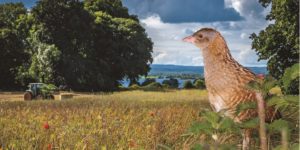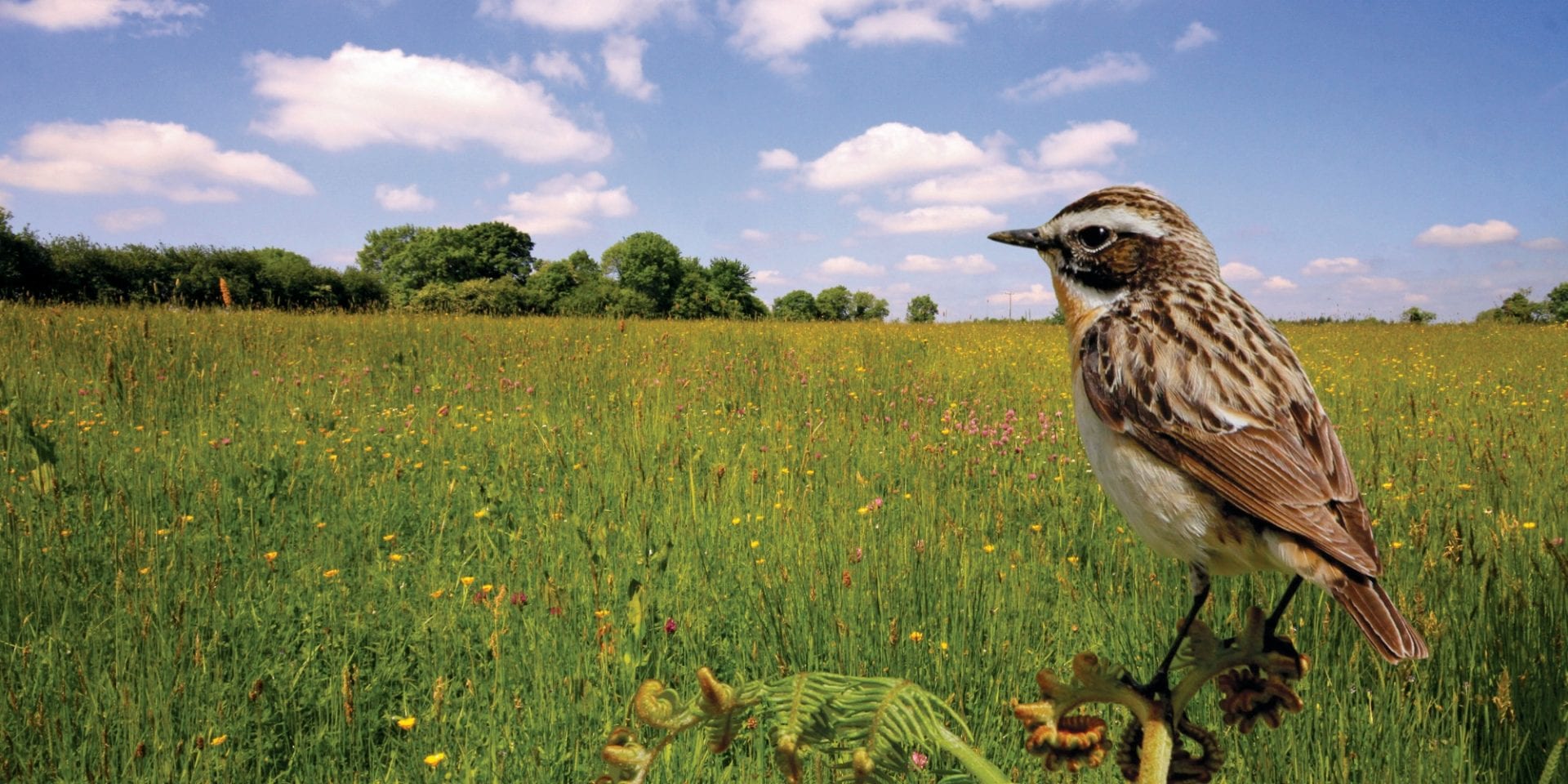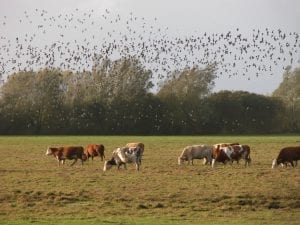At the beginning of September, the Climate Change Advisory Council (CCAC) published their annual review of agriculture and land use, land use change and forestry (LULUCF) sector.
In this fifth part of the 2024 Annual Review, the Climate Change Advisory Council considers emissions from the LULUCF sectors. Despite a fall in emissions of 4.6% in 2023, largely due to a drop in nitrogen fertiliser use and a shift towards protected urea fertilisers, the report says that the sector will need to implement all the proposed measures in the latest Climate Action Plan to reach its emissions reduction targets by 2030.

The report contains 8 key recommendations including farm/technical measures and strategic measures to support and incentivise the rapid uptake of cost-effective farming measures to reduce agricultural emissions.
- The Government must urgently complete the Land Use Review and implement policies and actions arising that align with long-term climate and biodiversity objectives.
- The Government should develop a robust implementation plan for the Biomethane Strategy in Q1 2025 and provide the necessary support and incentives to underpin the business case for biomethane production and use.
- The Government must urgently engage with landowners and communities, to highlight the financial opportunity for and crucial role of forestry in achieving climate and biodiversity goals and provide improved guidance on the Forestry Programme.
- Once established, the Just Transition Commission should consider a sector-specific Just Transition Dialogue with farmers, rural workers and communities.
- The Government, with retailers and consumer organisations, should launch an information initiative to empower people to make low-cost, healthy and sustainable diet choices.
- The Government should provide the resources necessary for local authorities and Government departments to engage urban and rural communities in an inclusive, incentive-based catchment-level approach to implementing nature-based solutions to manage flood risk.
The report notes the outsized impact that the EU Nature Restoration Law, adopted by the European Parliament and Council of the EU in June 2024, will have for agriculture and land use in Ireland. The regulation sets binding targets and commitments to restore ecosystems, habitats and species across the EU’s land and sea areas. Ireland must submit its National Restoration Plan to the European Commission by mid-2026. The plan will contain specific national targets and measures to enhance biodiversity within agriculture, forest, marine and urban ecosystems to 2050.
In addition to recommendations, the report reflects on what is working. For example, the Agri-Climate Rural Environmental Scheme and the Organic Farming Scheme are popular with farmers. Since 2021, the area farmed organically has trebled, to 225,500 hectares in 2023. DAFM should build on the potential of the schemes under the Common Agricultural Policy Strategic Plan 2023–2027 to ensure long-term financial support to farmers for the improved management and practices, to benefit climate, carbon stocks, environment and biodiversity on agricultural and forest land.
Read the full report here: AR24-Agriculture LULUCF.pdf (climatecouncil.ie



